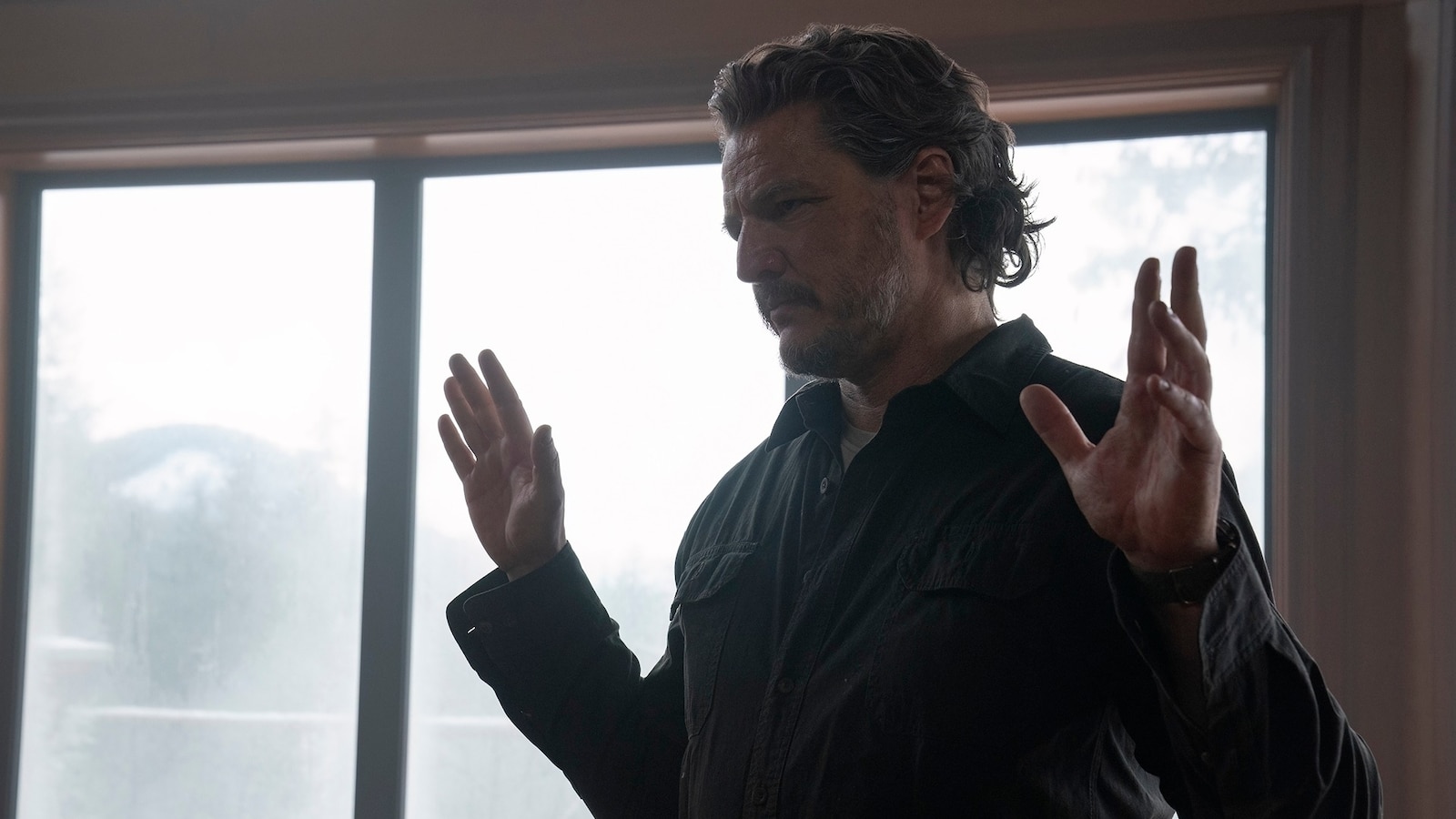Pedro Pascal: 'Active Denial' Over 'The Last of Us' Episode – A Deeper Dive into the Backlash
The internet exploded last week following the airing of a particular episode of HBO's hit series, The Last of Us. While the show has largely been praised for its faithfulness to the game and compelling performances, episode 5, "Endure and Survive," sparked significant debate, with much of the online conversation centered around Pedro Pascal's perceived lack of screen time. This article delves into the "Active Denial" controversy, examining fan reactions, the show's narrative choices, and the challenges of adapting a beloved game to a different medium.
The "Active Denial" Outcry: What Happened?
The term "Active Denial" quickly became a trending hashtag on Twitter and other social media platforms, expressing fans' frustration over what many perceived as a significant reduction in Pedro Pascal's (Joel) screen time. While the episode focused heavily on the backstory of Kathleen, a compelling antagonist played by Melanie Lynskey, many felt that Joel's absence diminished the episode's overall impact, especially given the emotional connection viewers have developed with his character. The feeling wasn't simply that Joel was absent, but that the narrative actively avoided showcasing him, thus leading to the "Active Denial" moniker.
- Limited Screen Time: Joel's presence in the episode was significantly less than in previous installments.
- Narrative Focus Shift: The episode prioritized Kathleen's narrative, overshadowing Joel's journey and connection to Ellie.
- Fan Disappointment: This shift in focus left many fans feeling let down, leading to widespread online discussion and criticism.
Understanding the Narrative Choices: A Defense of the Episode
While the backlash is understandable, it's important to consider the episode's narrative intent. The creators deliberately chose to delve deeper into the complexities of Kansas City and the moral ambiguities of the conflict. Kathleen's story offered valuable insight into the post-apocalyptic world, showcasing the desperation and brutality that shapes survival. This approach, while controversial among some viewers, aligns with the show's overarching theme of exploring the human condition in a ravaged world.
- Expanding the World: The episode broadened the narrative scope beyond Joel and Ellie's immediate journey.
- Character Development: Kathleen's backstory provided depth and complexity, adding another layer to the show's exploration of survival and morality.
- Building Tension: The limited Joel presence might have been a deliberate tactic to build suspense and anticipation for future episodes.
The Challenge of Adaptation: Balancing Fan Expectations with Creative Vision
Adapting a beloved video game to a television series is a complex undertaking. It requires balancing fan expectations with the creative vision of the showrunners. While some deviations from the source material are inevitable, they often lead to passionate debates, as seen with the "Active Denial" controversy. The show's success lies in its ability to capture the essence of the game while also forging its own unique identity.
Looking Ahead: What Does This Mean for the Future?
The "Active Denial" controversy highlights the intense engagement fans have with The Last of Us. While this level of passionate debate is both positive and negative, it ultimately underscores the show's cultural impact. It remains to be seen how the showrunners will address the criticism, but the conversation undoubtedly enriches the viewing experience, fostering deeper engagement and analysis. The remaining episodes hold the key to whether this temporary setback will ultimately strengthen or weaken the show's overall reception.
What are your thoughts on the "Active Denial" controversy? Share your opinions in the comments below!

